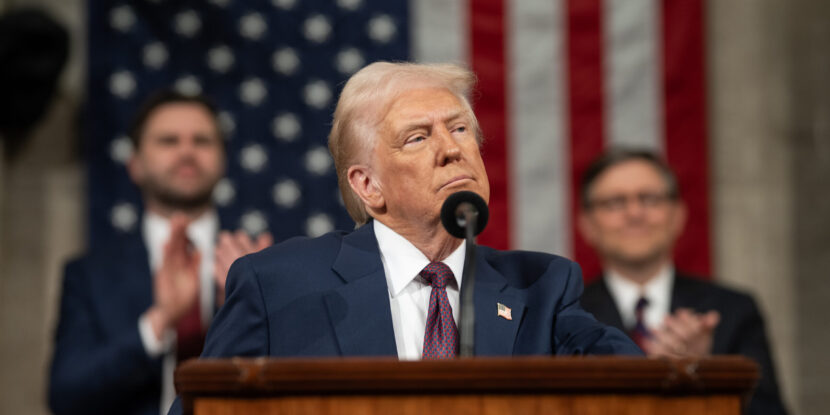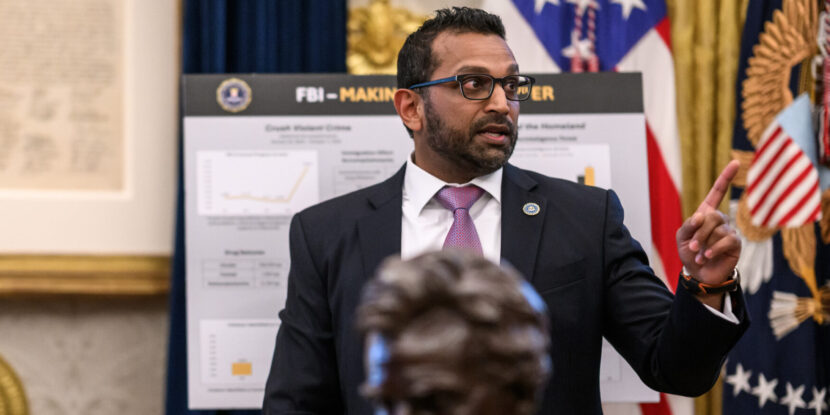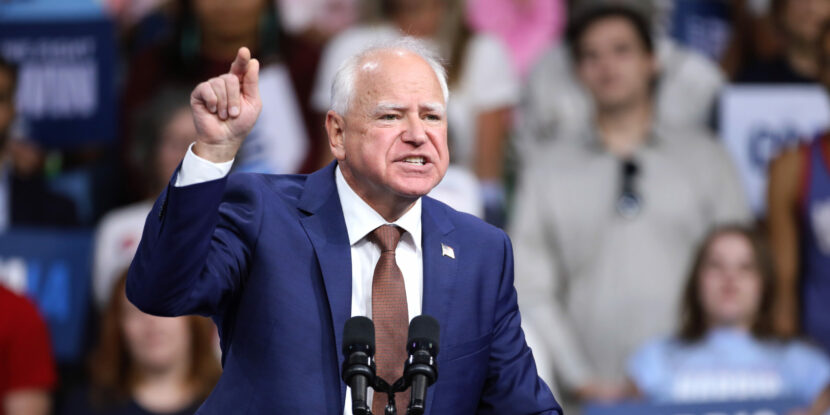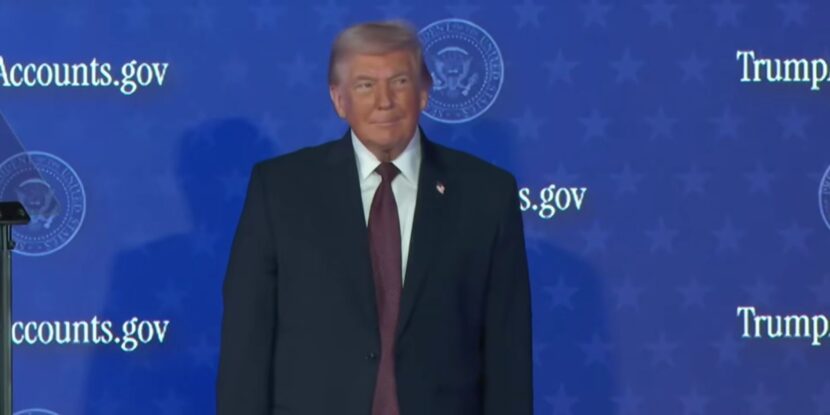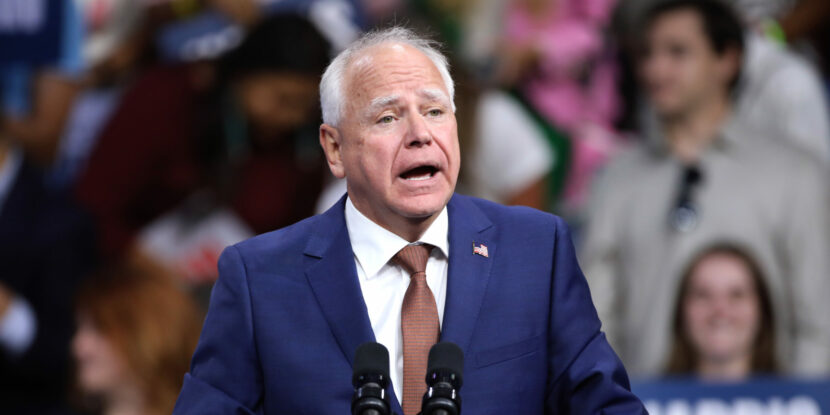PULSE POINTS:
❓What Happened: After voting down the budget reconciliation bill on Friday, House Budget Committee members reconvened on Sunday after renewed negotiations and intervention from President Donald J. Trump and the White House, allowing the legislation to advance to the Rules Committee before it heads to the House floor.
👥 Who’s Involved: Speaker Mike Johnson, President Donald J. Trump, House Budget Committee members, and four GOP members who shifted their stance: Reps. Chip Roy, Ralph Norman, Andrew Clyde, and Josh Brecheen.
📍 Where & When: Capitol Hill, late Sunday night vote following a failed attempt on Friday.
💬 Key Quote: Speaker Mike Johnson said the bill is now “on track” for a House floor vote by the end of the week.
⚠️ Impact: The bill’s advancement is a win for Trump and Johnson but faces further hurdles in the House and Senate.
IN FULL:
House Republicans on the Budget Committee narrowly advanced a major budget proposal on Sunday night, reversing Friday’s failed attempt to move the bill forward. The measure, which includes making President Donald J. Trump’s 2017 tax cuts permanent, a significant expansion in the number of U.S. Immigration and Customs Enforcement (ICE) deportation agents, $1.6 trillion in deficit reduction, full Defense Department (DoD) funding, and overhauling Medicaid, passed by a 17-16 vote. All Democrats opposed the bill, while four Republicans—Reps. Chip Roy (R-TX), Ralph Norman (R-SC), Andrew Clyde (R-GA), and Josh Brecheen (R-OK)—voted “present” after initially voting “no” on Friday.
The sudden shift followed a weekend of intense negotiations behind closed doors. Speaker Mike Johnson (R-LA) met with lawmakers shortly before the vote and confirmed that “some minor modifications” had been made to the legislation. Johnson expressed optimism about the bill’s progress, stating it is “on track” for a House floor vote by the end of the week.
Budget Committee Chair Jodey Arrington (R-TX) noted during the session that additional changes to the measure are likely before it reaches the floor, though he declined to provide specifics. The bill must still pass through the House Rules Committee and secure approval on the House floor, where Republicans hold a slim majority.
Norman, one of the Republicans who shifted his stance, expressed enthusiasm about the adjustments, saying he was “excited about the changes” being made. However, the legislation remains contentious within the GOP, particularly over Medicaid reform. Conservatives have pushed for deeper structural changes, while moderates have raised concerns about the potential political risks.
Additionally, the legislation faces opposition from a bloc of moderate Republicans that represent districts in high-tax, Democrat-controlled states. President Trump and House Republican leaders have been engaged in protracted negotiations with these lawmakers, which include Reps. Elise Stefanik (R-NY), Mike Lawler (R-NY), Nick LaLota (R-NY), and Andrew Garbarino (R-NY). These lawmakers want a significant change to the State and Local Tax (SALT) deduction cap, well above the $30,000 for single filers and $60,000 for joint filers proposed by Speaker Johnson. Currently, House leaders are floating lifting the cap to $40,000 for single filers and $80,000 for joint filers—still below the $60,000 and $120,000 levels being pushed for by the New York Republican delegation.
Even if the package clears the House, Senate Republicans are expected to propose revisions. A group of Senate fiscal hawks, including Senator Mike Lee (R-UT), has expressed their intention to push for deeper structural cuts to reduce the budget deficit.
